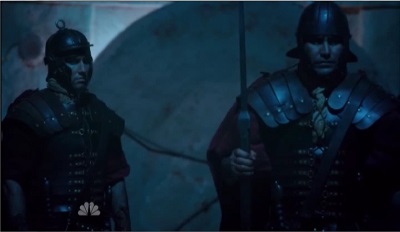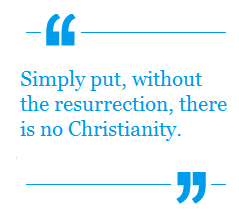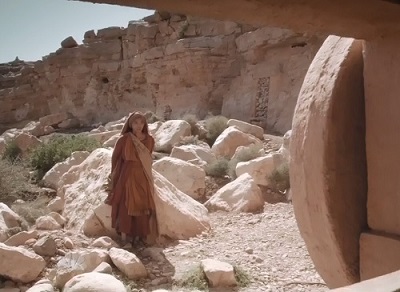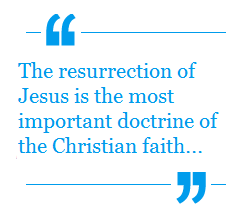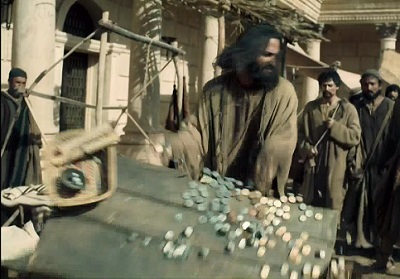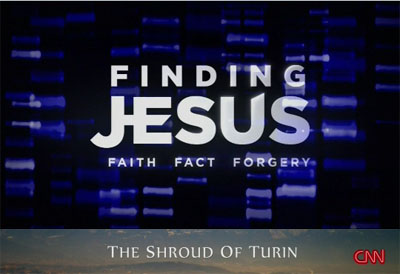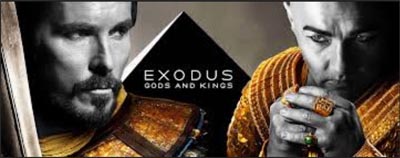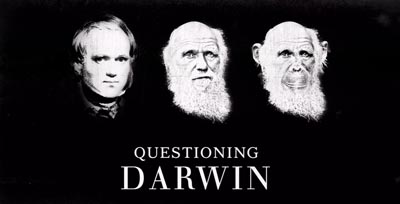 “Audacity – Love can’t stay silent“ “Audacity – Love can’t stay silent“ |
Ray Comfort delivers a winsome defense of traditional marriage while making a persuasive gospel presentation in his new movie “Audacity.” |
“For some, the legalization of gay marriage is good news. While others find it difficult to grasp. Regardless of what anyone thinks about the issue, gay marriage has become a present day reality that is spreading across America. Soon, to one degree or another each of us will have to respond in our own way to this current cultural revolution.”
With these words, a newscaster frames a question for both the main character – Peter, a young man, young in the faith; and the audience. The real question: how can a Christian lovingly and appropriately proclaim the truth of the faith while still witnessing with love?
That question is gently and deftly answered as the movie unfolds. As expected, “Audacity” author and evangelist Ray Comfort adapts and applies his “Way of the Master” evangelism questions and techniques to the timely topic of so called “gay marriage.” At about 50 minutes, the movie is a bit of a “tweener”: quite a bit longer and more involved than a simple youtube type gospel presentation, yet quite a bit shorter than the average movie which typically runs 90 -120 minutes.
But Comfort manages to pack in everything that you would expect of a movie from a Christian evangelist: characters with struggles (both Christian and non-Christian), a story with a plot line – complete with twists; a number of clear and persuasive presentations of the gospel, a refutation of negative Christian stereotypes, identification of unfounded hostility toward Christians from those who are supposed to be enlightened and tolerate; and of course a clear unequivocal stand for traditional, one man one woman marriage and a re-enforcement of the Christian message that we can both stand for the truth of the Bible and present it in a clear, loving and winsome manner.
Comfort simultaneously defends two main themes through the use of plot devices that act as illustrations for his two main points: Continue Reading

